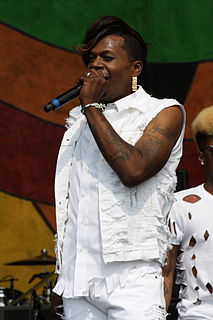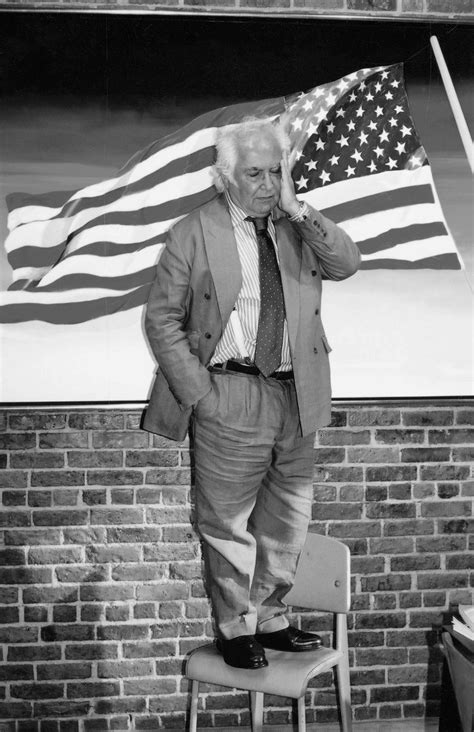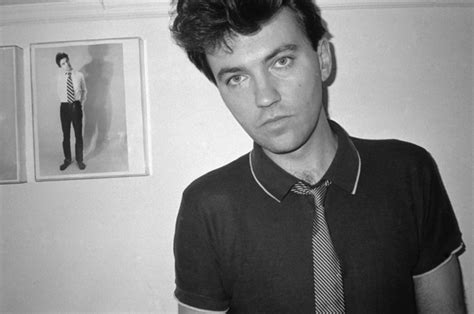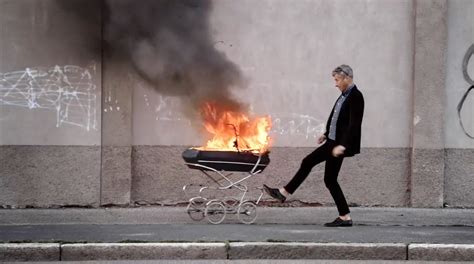A Quote by Jerry Saltz
In the seventies, a group of American artists seized the means not of production but of reproduction. They tore apart visual culture at a time of no money, no market, and no one paying attention except other artists. Vietnam and Watergate had happened; everything in America was being questioned.
Related Quotes
The breakdown of the modern movement led to what later became known as postmodern-whatever the hell that means-referring to the mixture of people and backgrounds that became a common thing among artists in America. Many of the great artists in America, for example, came from Jewish families and backgrounds that fled all the way from Russia. It's remarkable, the great masters of American art and cinema who were coming from old roots in little villages there. And then Hollywood, and the haunting, hypnotic impact that American Cinema had throughout the world . . .
I think what happened in the last 10 or 15 years in the art market is that all the players - and that includes artists, dealers, art advisors, everyone - basically became dealers. We've had old-school collectors morph into speculators, flipping works. We've seen auction houses buying works directly from artists or from sleazy middlemen. The last step before the crash was the artists themselves supplying the auction houses. Dealing themselves, you know? The art world is as unregulated as any financial market there is.
Now, [hip-hop/grime artists] Stormzy, Skepta, or the Section Boyz have to be validated by Drake, Rihanna or Beyoncé. They're rolled into this one urban culture bubble; it's not really to do with, "I'm specifically f - ked off about my country and what's going on in my town." We're very much only showing success to artists who impress American artists, and I'm one of them.
Every movement that slays its gods creates new ones, of course. I loathe talk of the sixties and seventies being a 'Greatest Generation' of artists, but if we're going to use such idiotic appellations, let this one also be applied to the artists, curators, and gallerists who emerged in the first half of the nineties.
A lot of artists have been persuaded into doing whatever they can do to gain attention. The media, of course, will position and promote the worst of them to the front page. The sidewalk to crime becomes the marketing campaign. These artists have seen it work and sell millions and millions of records for other artists.
Warhol and other Pop artists had brought the art religion of art for art's sake to an end. If art was only business, then rock expressed that transcendental, religious yearning for communal, nonmarket esthetic feeling that official art denied. For a time during the seventies, rock culture became the religion of the avant-garde art world.



































